Apple is ditching Intel and transitioning its Macs to Apple Silicon. While that may impact games and gamers on macOS, here are some ways that allow you to play your favorites during and after the switch.
Although once a far-off rumor, Apple has officially announced its two-year transition to Apple Silicon. And, as with other macOS applications, the transition will likely be bumpy for some gamers.
Thanks to some fundamental shifts in the gaming ecosystem and Apple's own processes, however, it may be easier to game on an Apple Silicon Mac than expected.
Why playing games on an ARM Mac is going to be tricky
Current Macs are based on Intel's x86 chip architecture. Generally, software written and compiled for x86 Intel systems aren't going to be automatically compatible with ARM-based chips. The chip technologies rely on differing processor instruction sets. Software written for one isn't compatible with the other.
In other words, the switch is going to render a lot of legacy software and dependencies unusable. While the average Mac user who only ever opens a web browser or uses Mail, Music, or the TV app may not notice, other types of Mac users will find themselves on a much bumpier road.
There's also the issue of deprecated technologies. Many popular games utilize OpenGL, which Apple is replacing with its proprietary Metal technology.
Of course, there are ways to circumvent these issues, such as Apple's emulation and compatibility initiatives. Like with Apple's phasing out of 32-bit software, there's also at plenty of time for users and developers to get all of their ducks in a row
Native Solutions
That isn't to say that there won't be options for gamers on an Apple Silicon Mac. Below, you'll a few native and third-party solutions that are likely to work even after Apple switches its Mac chip architecture over.
Here's what we think will work the best.
Stick with Intel
Your old gear isn't going to light on fire the minute Tim Cook and company announces the start of the shift. And, it isn't going to happen up and down the product line in one fell swoop.
There will still be Intel Macs sold for a while, and for longer on the secondary market. Those will still run Intel-based games, and can still get Boot Camp installs.
Rosetta 2
As it did when it transitioned from PowerPC to Intel x86, Apple is introducing an emulation layer that will allow users to run Intel-based apps on Apple Silicon hardware.
During its WWDC 2020 keynote, Apple even showed off an x86 version of "Shadow of the Tomb Raider" running fairly smoothly using Rosetta 2 on macOS Big Sur.
Of course, Rosetta 2 won't be without its limitations. Apple notes that it should be able to handle "most" Intel-based apps. But until users get their hands on an Apple Silicon Mac, just how smooth gameplay will be remains to be seen.
Apple Arcade
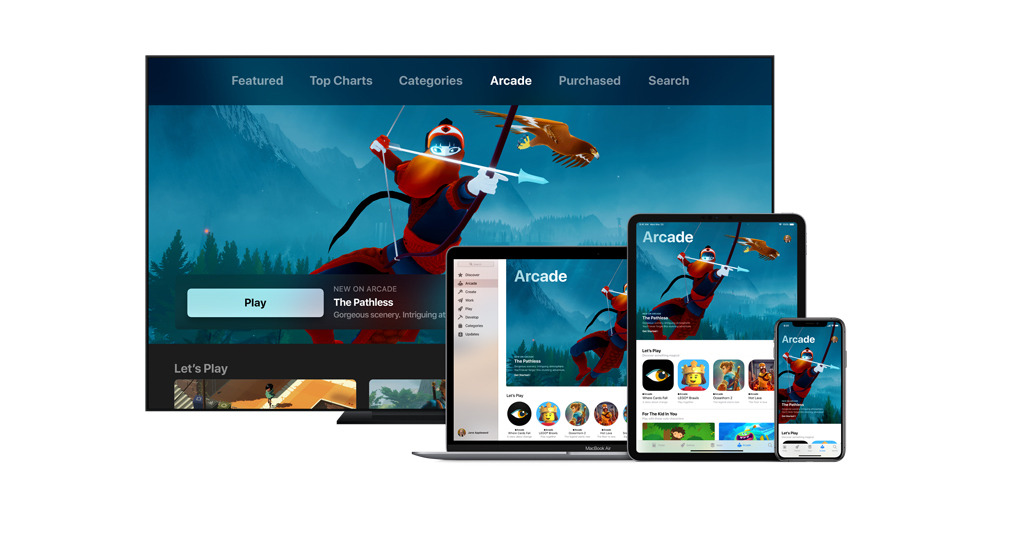 Apple Arcade is already supported on ARM devices like iPhone. So compatibility with an ARM Mac is likely.
Apple Arcade is already supported on ARM devices like iPhone. So compatibility with an ARM Mac is likely.To start with the most obvious option, there's the $4.99-a-month Apple Arcade service. The platform is already supported on Mac and there's little doubt that titles on the platform will also work on an ARM-based macOS operating system.
Apple Arcade currently only features exclusive games created in partnership with various developers. So, at this point, you won't find any AAA titles on the platform.
With that being said, the tight integration into Apple's various operating systems is a boon. And while the library of games is still relatively small, it's packed with quality-enriched games from indie studios.
Mac App Store
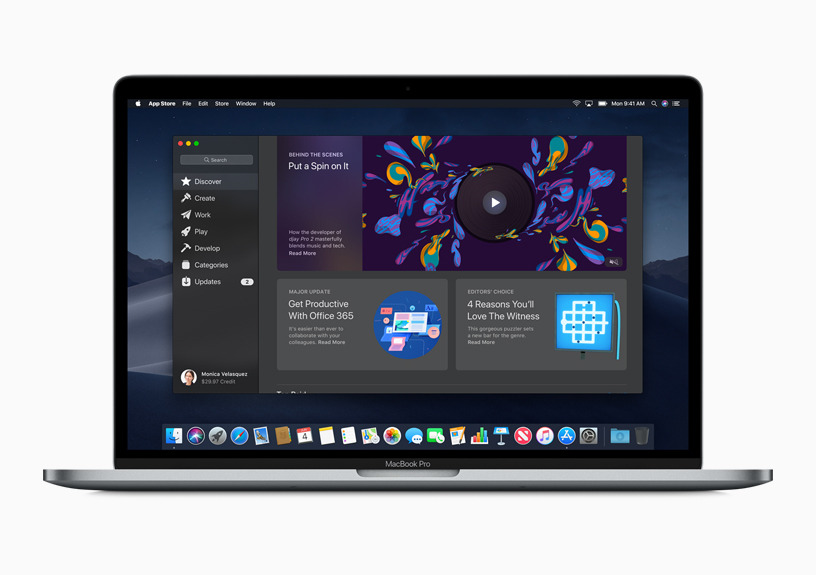 The Mac App Store may not have a range of titles, but it's likely to be an easy switch for developers to port their apps to ARM.
The Mac App Store may not have a range of titles, but it's likely to be an easy switch for developers to port their apps to ARM.The Mac App Store, unlike Apple Arcade, does feature some blockbuster and AAA games. But compared to other game distribution services, its library is severely lacking.
Mostly, that's because many game developers haven't found the Mac a worthwhile platform. But with Apple's increased push toward mobile gaming, and gaming in general, that perception could change. Mac App Store games don't require any type of subscription to play, and they're stored directly on a device.
With technologies like Catalyst, it may also be easier for developers to transition games over to an ARM-compatible code. Not only that, but it's likely that many iOS and iPadOS games could be seamlessly transitioned to the Mac.
iPad and iOS-based games
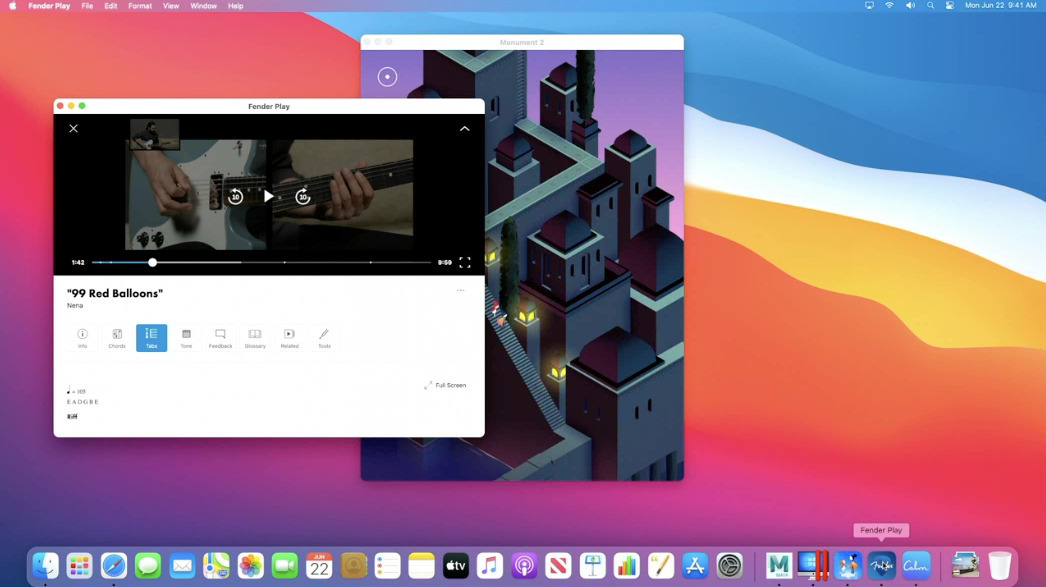 iPad and iPhone apps will run natively on an Apple Silicon Mac, but will only show up in the Mac App Store if a developer chooses it.
iPad and iPhone apps will run natively on an Apple Silicon Mac, but will only show up in the Mac App Store if a developer chooses it.There's another unforeseen benefit of Apple's Macs switching to A-series chips like those in the company's iPads and iPhones. Namely, Macs will be able to run iOS and iPadOS apps natively.
Apple showed off a few iOS-based apps running in macOS Big Sur during its Monday keynote. Importantly, this isn't Catalyst trickery — they're full apps running natively in the macOS operating system.
iOS and iPadOS games will be available on the Mac App Store, but Apple says that developers will get to choose whether or not their own apps appear on macOS.
Cloud-based streaming
One promising gaming solution, and an increasing area of focus for tech companies and startups, is cloud-based game streaming.
Essentially, these services let users play games on any device. It works by simply streaming games that are stored in data centers or other high-end rigs. Because they're already cross-platform, it means that playing games on an ARM Mac is going to be trivial.
Google Stadia
Google Stadia is the Mountain View company's entrant into the cloud gaming sphere. Like other cloud-based systems, it lets users purchase games and play them on computers, smartphones and tablets.
The only required cost to users is the actual price tag of a game, but Google offers a $9.99 "Stadia Pro" subscription that allows 4K streaming, 5.1 surround sound, and a complimentary game every now and then.
Stadia isn't without its issues. The game library is pretty sparse currently. And, unless you have a speedy internet connection, games are going to lag. The other issue is that Google is still relatively new to cloud gaming, and gaming in general, so it's certainly still in the middle of working out Stadia's kinks.
GeForce Now
GeForce Now is Nvidia's cloud gaming service. Like similar services, the platform lets users stream their own games from distribution platforms like Steam, right to their PCs, Macs and Android devices.
It's the cheapest cloud service available, with a limited free tier and a $4.99 "priority access" subscription. Games are actually streamed from servers equipped with Nvidia graphics cards, with a stream rate of 1080p at 60 fps.
If there's a downside, it's that a number of game developers have pulled their titles from the platform over licensing disputes. Because of that, it remains to be seen how many worthwhile titles will continue to be available on the platform.
Shadow
Shadow is a unique option because the cost of entry actually allows users access to a full-fledged Windows 10 gaming PC stored at a data center. Users can then log into this gaming from any device using the Shadow app.
It's a bit more expensive than Google Stadia at $11.99 a month. There are also "Ultra" and "Infinite" cards that feature physical RAM and graphics upgrades to a user's data center-stored PC.
The premise is unique, but we like what we've seen so far. It remains to be seen whether Shadow will debut an ARM Mac-compatible app, but it seems probable, as the Mac version of the app runs fine on hardware dating back to 2008.
Streaming from consoles
There is a third option available to Mac users besides native solutions and cloud-based streaming services, but it requires a game console.
Mac owners who have an Xbox One or PlayStation 4 can actually remotely stream their library of games from their consoles to their Macs. Compared to monthly subscriptions, these options may be more cost-efficient — though is there a caveat for Xbox One users that we'll get to.
PS4 Remote Play
Although not technically a cloud-based gaming service, PlayStation's PS4 Remote Play feature bears mentioning for PS4 owners. It's not to be confused with the cloud-based PlayStation Now service, which isn't compatible with Mac.
PS4 Remote Play is completely free to use, and you can access it on your Mac (or iPad) over a 15 Mbps internet connection. It essentially allows you to play your library of PS4 games on the go.
It's a good option for Mac users who happen to be PlayStation gamers as well. But you'll actually need to shell out money for each game that you purchase, and streaming is limited to 1080p at 60 fps.
OneCast for Xbox One
Microsoft doesn't currently have a first-party solution for streaming Xbox games directly to a Mac. However, there is a third-party option for users who want it.
It's called OneCast. Just like official Xbox streaming, the platform allows users to stream their library of Xbox One games straight to their Mac device. To use it after the trial period, users will need to buy a license for $19.99. An iOS and iPadOS version is also available.
Although it works surprisingly well, there is something to note. OneCast isn't an official Microsoft app or related to the company in any way, so its long-term survival may not be guaranteed.
Deprecated and less likely services
If you use Boot Camp to play Windows games on Apple hardware, then you're going to be out of luck. Apple has confirmed that Boot Camp will not be a feature on Apple Silicon Macs.
Similarly, Rosetta 2 won't be able to support virtualization software that runs or relies on x86_64 programs.
That throws into question support for solutions like compatibility layers, such as Wine. Currently, Wine isn't compatible with ARM-based processors. Whether it'll be offered on Apple Silicon Macs is up in the air.
And although Rosetta 2 will make the transition a bit easier in the near-term, there's no telling how when or how game studios will deploy ARM-native versions of their apps for Apple Silicon Macs.
Bigger titles on services like the Steam front-end will get switched over sooner rather than later, but that doesn't mean that all of the titles on the service will get an ARM version. Indie games hosted on itch.io and other smaller platforms will probably get left in the dust unless developers recompile their apps.
 Mike Peterson
Mike Peterson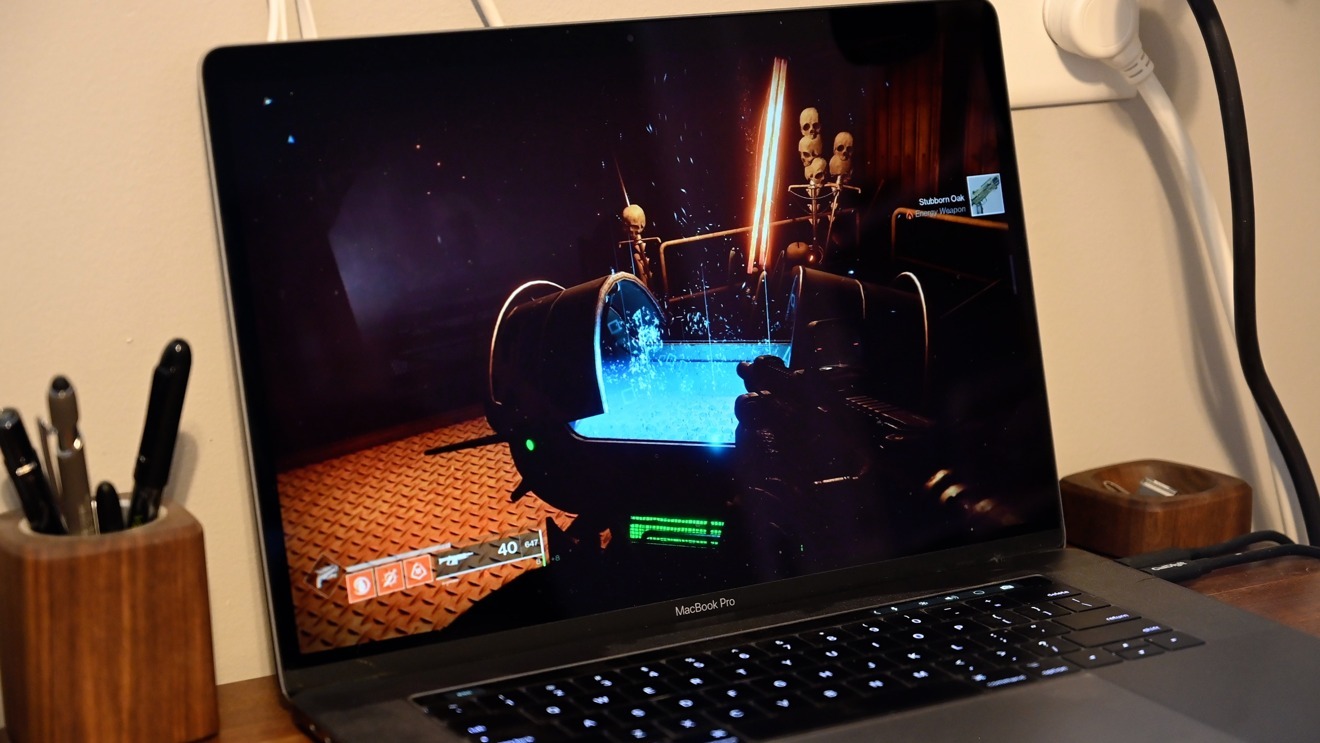

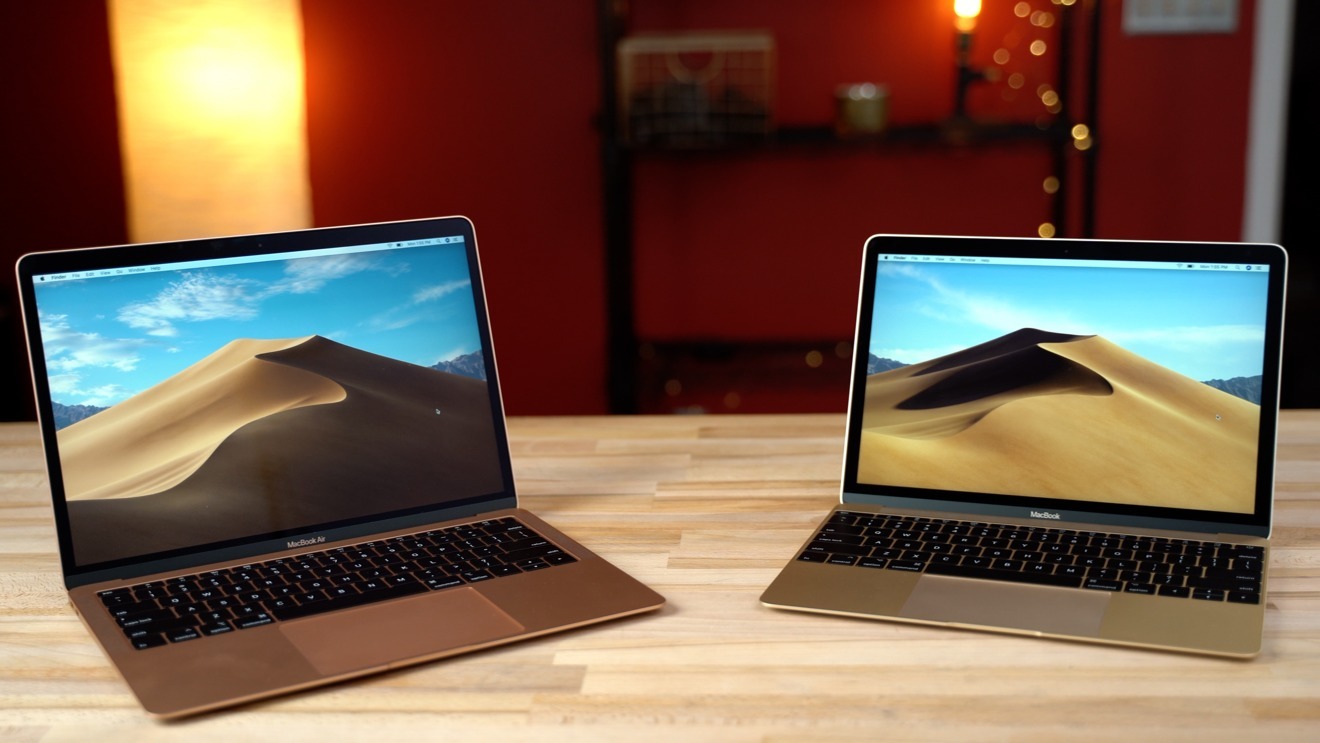
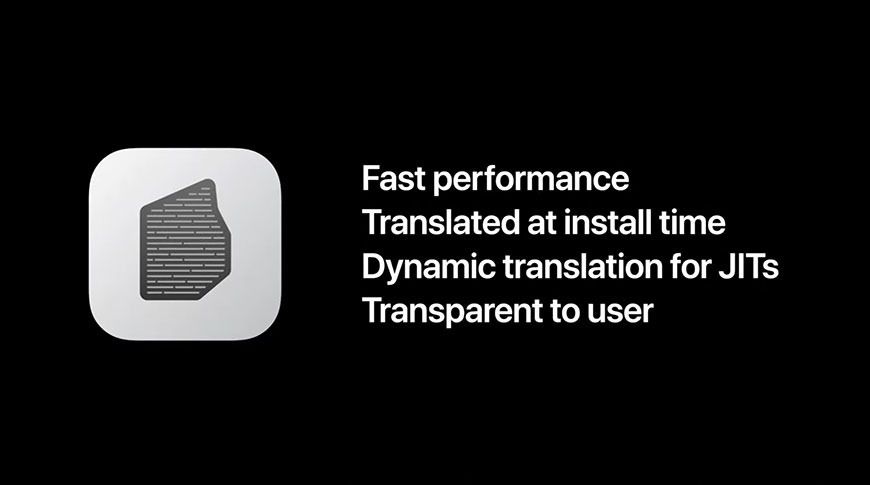
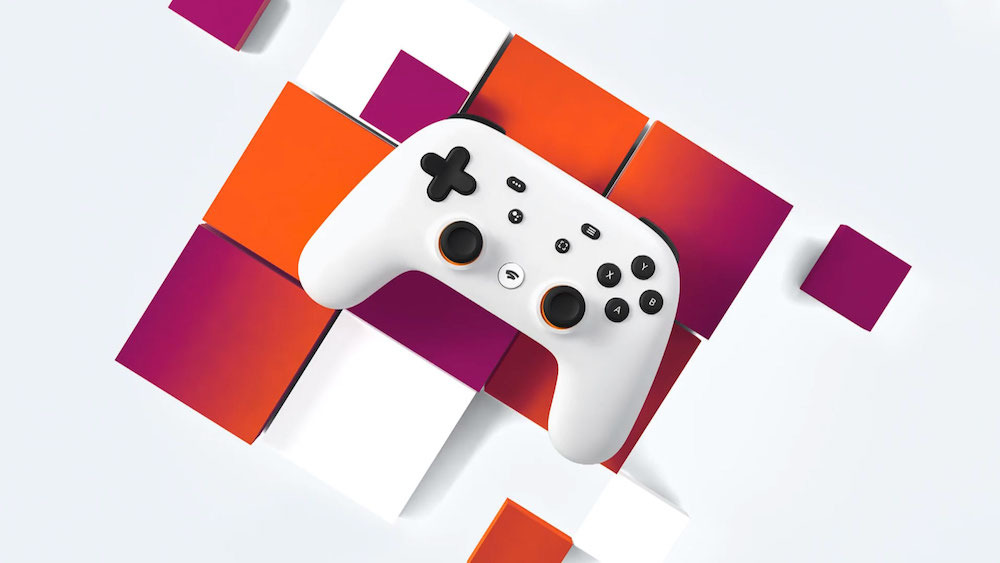
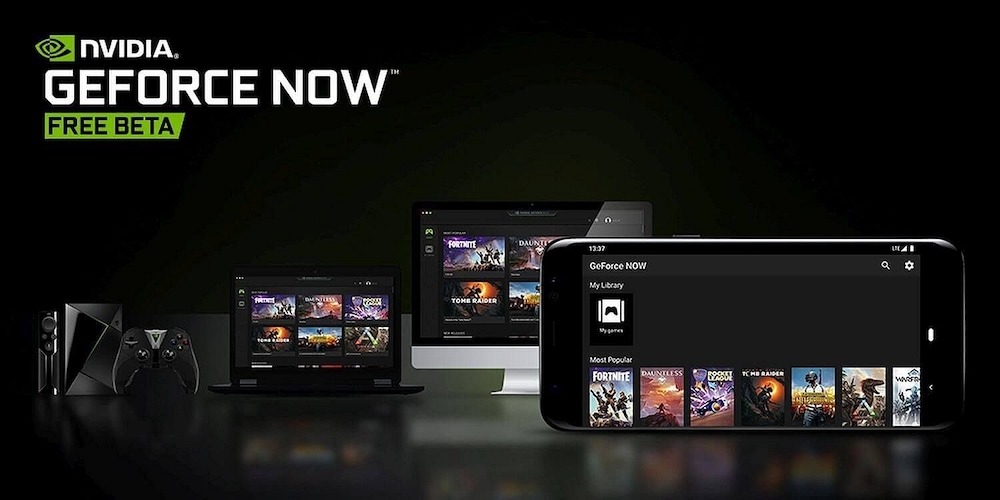
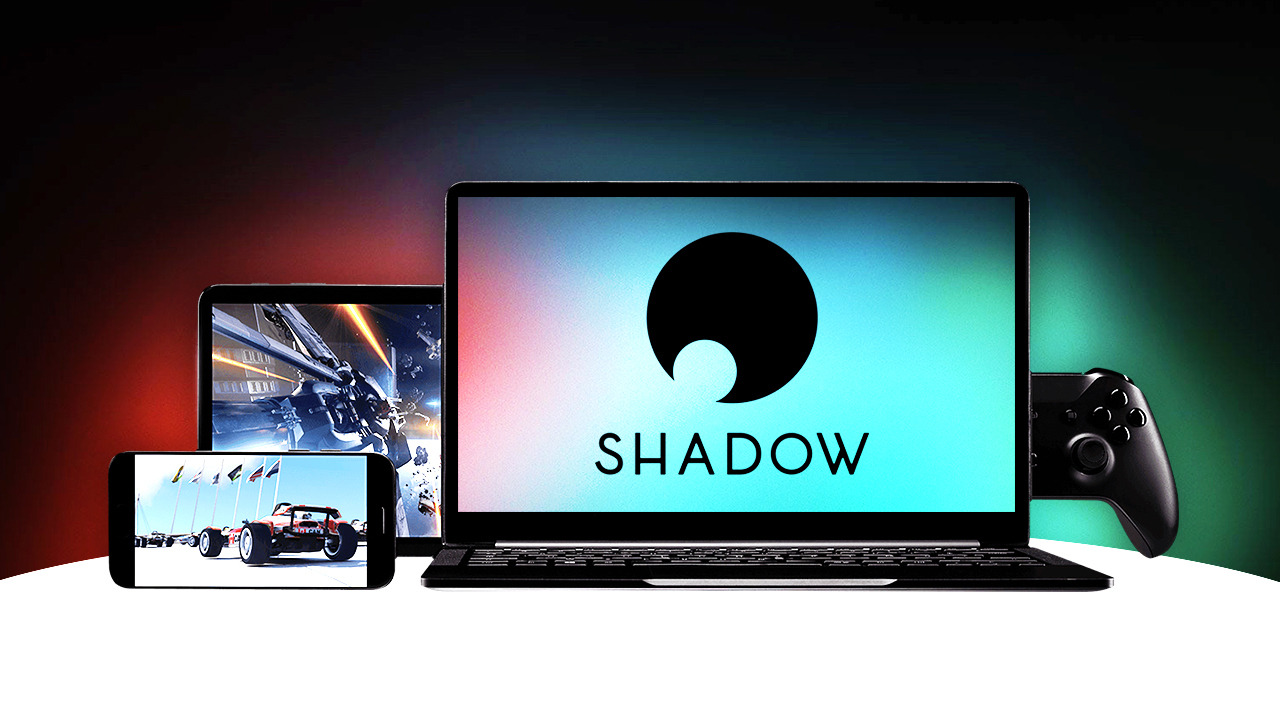
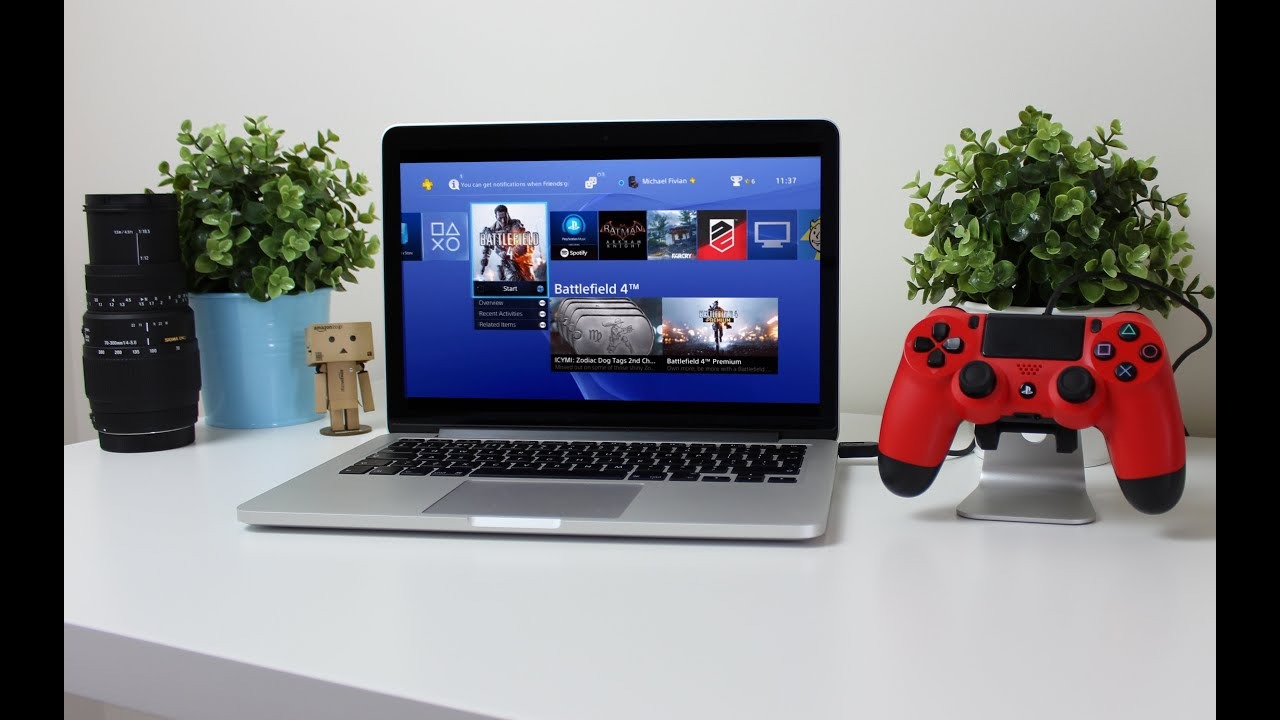
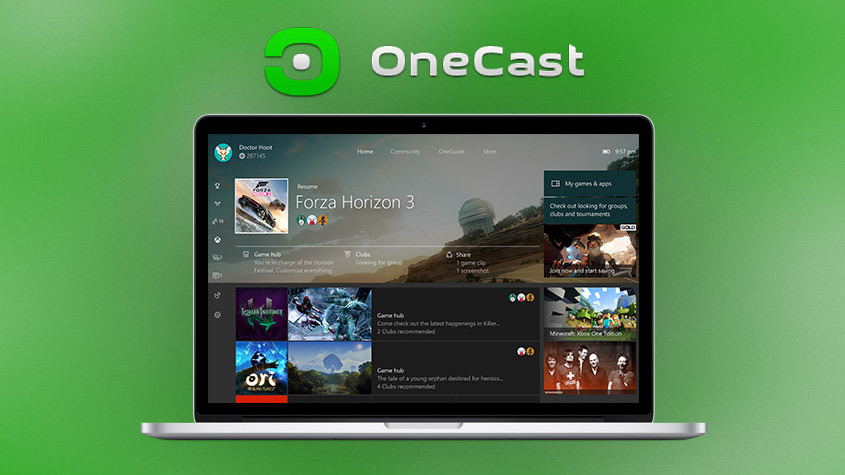
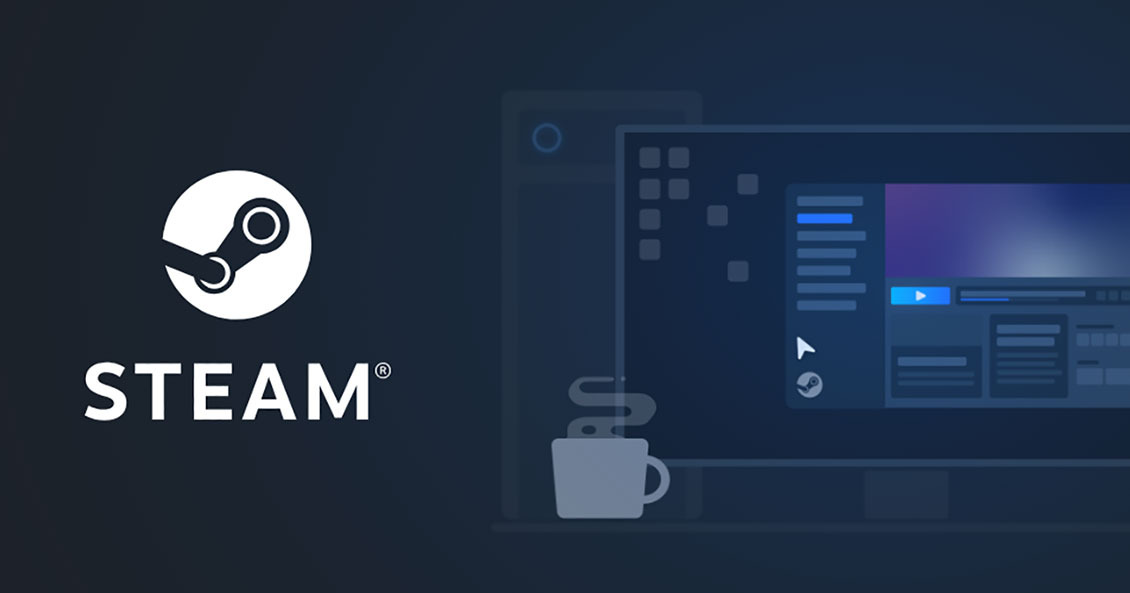

-m.jpg)






 Marko Zivkovic
Marko Zivkovic
 Mike Wuerthele
Mike Wuerthele
 Christine McKee
Christine McKee
 Amber Neely
Amber Neely
 Wesley Hilliard
Wesley Hilliard

 William Gallagher
William Gallagher










27 Comments
I'd love to hear from game developers regarding the potential ease or difficulty of porting games from Intel to ARM. I could imagine that once popular game engines are ported, it might be relatively easy to port the games that use those engines. But is that true? And how easy/hard is it to port the engines? Some are already on iOS, but how much does that help?
Stated differently -- to what extent do game developers use languages and APIs that are high-level enough that porting will be easy, versus using hand tweaked x86 assembler that would make porting hard?
I guess if I had to bet, I'd bet that if anybody actually uses hand tweaked assembler, it would be the people who develop engines (like Unity or Unreal), and that most developers are using higher level tools. So.... I'd bet that porting games that survived the transition to Catalina (and many, many did not) will be pretty easy. In fact, I'd bet the transition to ARM will be easier than the transition to Catalina (I still haven't upgraded to Catalina because I'm not ready to give up some older games)
In the 2nd picture in the article, a MacBook Pro and a coffee cup are displayed. Can you please provide me with the brand / name of the coffee cup if at all possible and maybe where it was purchased?
Thanks